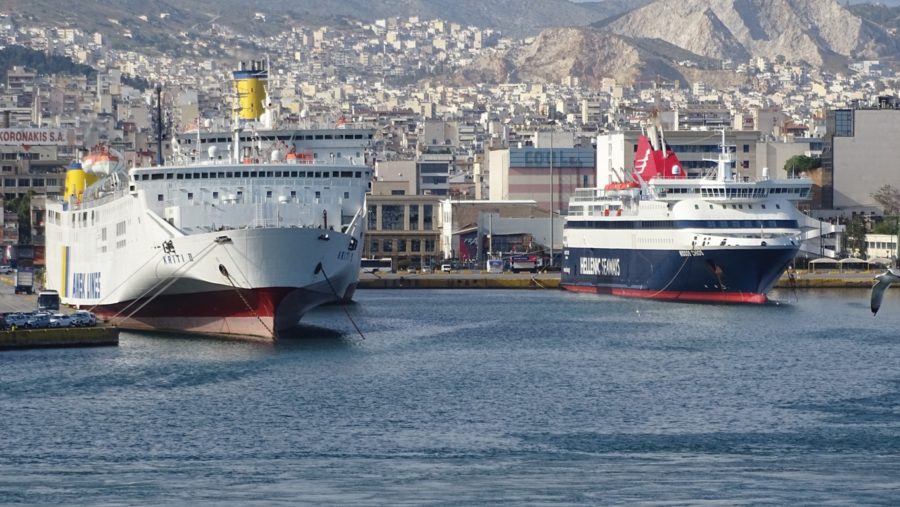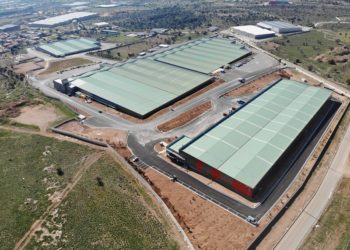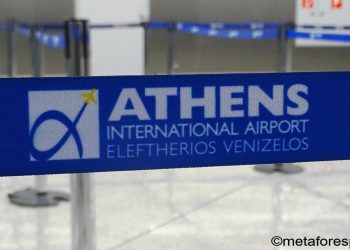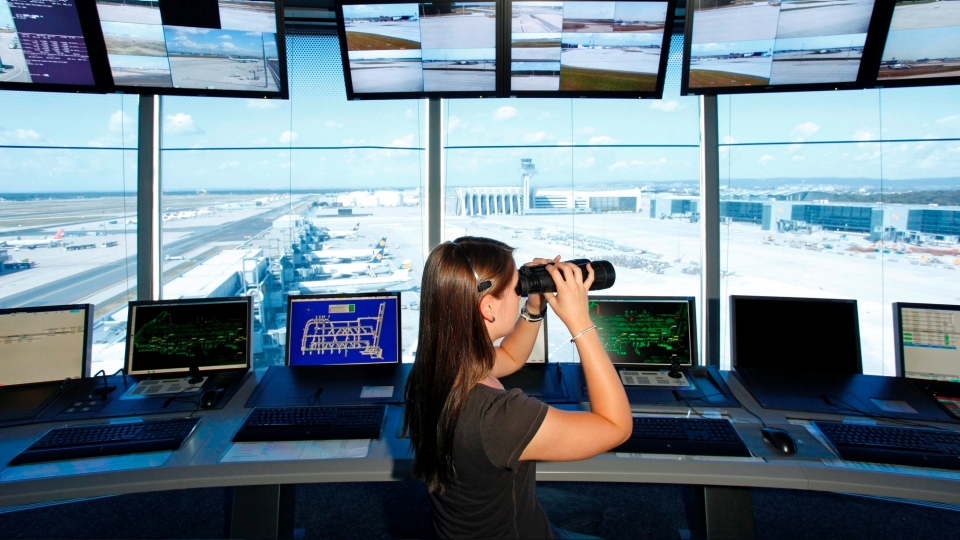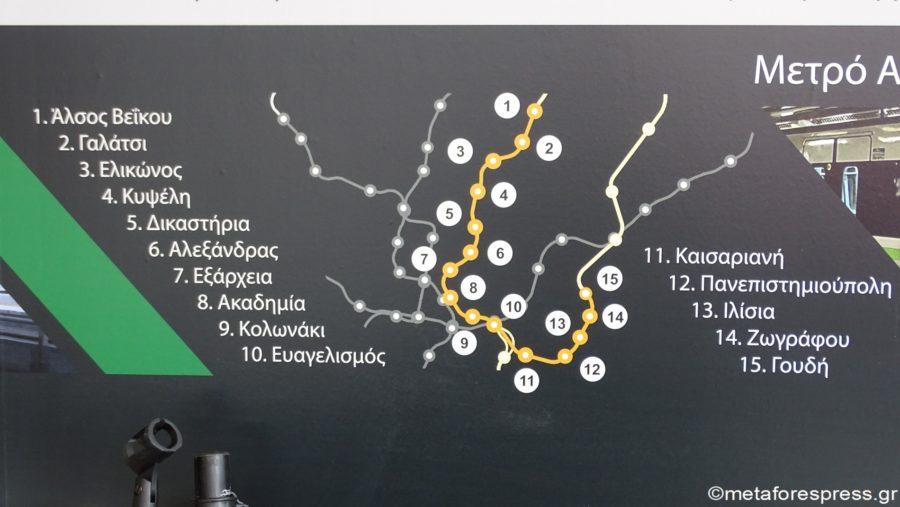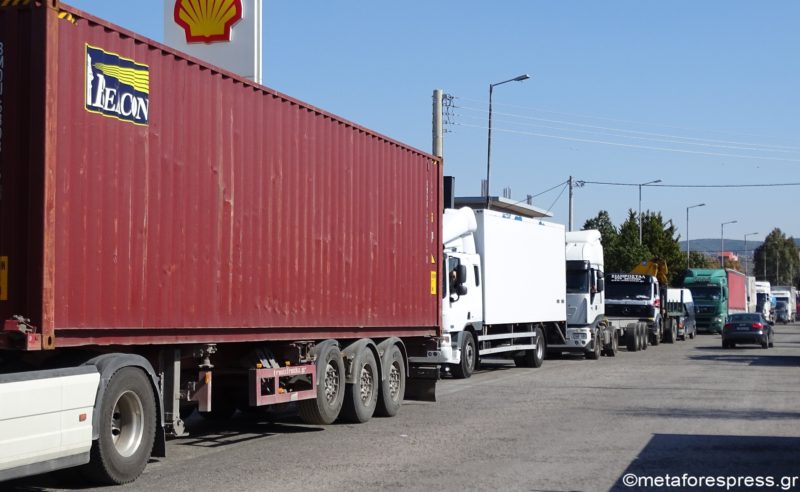The European Commission has officially received the second European Aviation Environmental Report which was prepared and published by the European Aviation Safety Agency (EASA) in close collaboration with the European Environment Agency (EEA) and EUROCONTROL.
The report provides a comprehensive overview of the environmental performance of the sector, and reveals that the solutions currently deployed at EU level are enabling improvements to the sustainability of aviation in Europe, namely in terms of noise per flight or fuel consumption per passenger.
However, with air traffic set to further increase in the years to come, the environmental footprint of the sector in Europe will continue to increase – i.e. overall emissions and total number of people affected by harmful noise. The sector’s contribution to the fight against climate change will require its full commitment to invest in solutions towards the decarbonisation of aviation, working towards the EU’s 2050 decarbonisation vision.
The report also underlines the necessity of agreeing on effective and robust global measures for international aviation to tackle climate change and duly contribute towards the temperature goals agreed under the Paris Agreement.
 Violeta Bulc, EU Commissioner for Transport said: “As Europeans we must continue to pioneer the battle against climate change. This new report shows that our joint actions are working: we have reduced fuel burn and noise per flight; investments have delivered more efficient technologies; airports are becoming carbon neutral, and finally we are starting to implement the first-ever global scheme to offset CO2 emissions!”
Violeta Bulc, EU Commissioner for Transport said: “As Europeans we must continue to pioneer the battle against climate change. This new report shows that our joint actions are working: we have reduced fuel burn and noise per flight; investments have delivered more efficient technologies; airports are becoming carbon neutral, and finally we are starting to implement the first-ever global scheme to offset CO2 emissions!”
Patrick Ky, EASA Executive Director said: “We need concrete and effective action to reduce aviation emissions over the next 10 years in order to support the Paris Agreement objectives and mitigate climate change. The aviation sector must play its part in this global effort. Addressing noise and air quality issues at a local level are also critical. Since EASA’s rules and our competencies with regard to environment have been further strengthened by the European Union, EASA now plays a leading role in actively developing and implementing measures to address these challenges in cooperation with our partner.”
Hans Bruyninckx, Executive Director of EEA, said: “The report confirms that the current trends and outlooks in aviation are not compatible with protecting the environment, climate and people’s health. Europe must lead the way towards a more sustainable aviation sector at home and abroad. Strong policies and robust implementation can mitigate future impacts of a growing sector as well as foster innovation and the fundamental shift needed in consumer behaviour.”
Eamonn Brennan, Director General of EUROCONTROL, said: “The findings of this report are compelling. Without even more action by our industry and policy makers, environmental impact is simply going to keep on growing. Despite aviation’s huge commitment over many years to reduce fuel burn, emissions and noise, traffic growth continues to make the environmental impacts of aviation even more challenging. Traffic across Europe (EU and 12 other States) grew 3.8% last year, but CO2 emissions growth of 5.2% outpaced it. Noise remains a constant point of contention for communities living around airports. The air traffic management network is delivering more capacity, but less efficiently than we need it to. Despite all of this, the public increasingly wants to benefit from the connectivity that aviation uniquely delivers. We at EUROCONTROL will continue working with our partners to find solutions to these challenges to deliver a sustainable aviation system over the long term.”
The report includes key performance indicators, showing the evolution of noise, greenhouse gas emissions and air pollution from aviation over several years. It also provides an indication of future levels of noise and emissions, according to different scenarios, and depending on the progress achieved through technology deployment.
Readers will learn about the potential of different technologies currently being developed through EU and industry initiatives such as SESAR and Clean Sky, to improve the environmental performance of aviation. The report also increases awareness of the effects of aviation on health.

